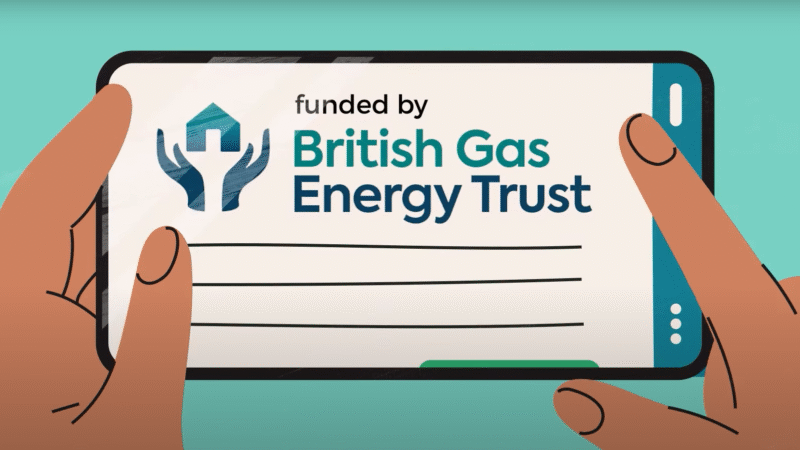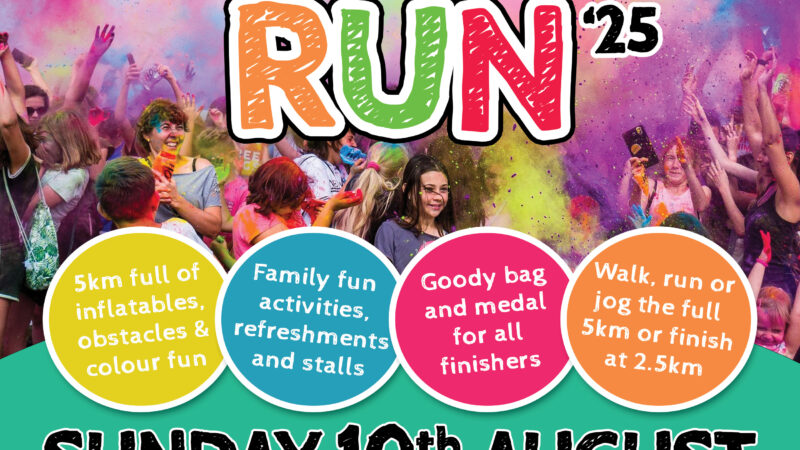Getting ready for a new school term: academically, emotionally & physically

Following the most challenging back-to-school period, transitioning back to the classroom following a pandemic resulting in halted learning and amid a spiralling cost-of-living crisis, students across the UK are now preparing to return from October half-term on Monday. After a week off, getting back into the swing of things can be a challenge for parents and kids. As such, MyTutor offers their guide for parents on how to support their teens through this transition, and help their child get ready for school academically, emotionally, and physically.
How to get ready academically
If your teen is feeling nervous about starting school, they’re not alone. It’s especially a nail-biting time when they are at a new school or in the midst of a step up from GCSE to A-level. And after the break, maybe they think they’ve forgotten how to study altogether! But it’ll come back to them and in the meantime, here are some things they can try to get their head back into school.
Get their workspace ready
If they haven’t already, help them get their desk organised. If they can get some new stationery– highlighters, folders, pens of different colours– this can help them keep their notes organised. You can add a corkboard above their desk so they can pin reminders like deadlines. A plant can give their desk a nice touch too!
Take it one step at a time.
Whether they’re feeling confident – or not – about schoolwork, they can start small and build up from there. Tell them to look through their course syllabus to get their brain back into gear. For a lot of students, reading feels like a slog after the holidays. So, try encouraging them to read ahead as a warm-up. Them can pencil in study time to review their notes every day after school. It’ll make the class lessons sink in better. It’s also a good idea to set extra time aside on the subjects they find the hardest.
Mark their calendar with key dates.
There are so many dates to keep track of! It’s easy to forget deadlines unless they’ve got them marked. Whether they go for a paper diary or an app– just make sure they know to use it every day so that they know what’s coming up. For bigger projects, they can break up the work into chunks and set themself mini deadlines.
How to get emotionally ready
Back to school is a time of change, and every change can bring up a slew of mixed feelings. Soon, with support from those around them, they’re sure to settle into the new routine.
Expect some highs and lows.
Back to school can set off a rollercoaster of emotions. Maybe the night before, they had that feeling of dread– especially if they’re starting at a new school. They might be wondering if they’ll make friends, or if their mates will still be the same or if they’ve drifted apart over the summer…. Everyone goes through ‘back to school’ in their own way. And just knowing that it can be a bumpy ride for a few weeks can help them feel better about it.
Jot it down.
Writing thoughts and feelings in a journal is a great way to let go of worries. Your child can use this space to be completely open. They can just let it all out in a great rush of words on the page. If they’re worried about going back to school, they can draw a line down the middle of their page and write down their worrying thoughts on the left side, and on the right, they could try and think of advice they’d give to a friend. This exercise can help them see their worries in a more detached way.
They can talk to someone they trust.
If they’re not sleeping because they’re dreading school or are just feeling anxious all the time– it might be a good idea to chat to a friend or family member. Just talking to someone else can help them feel better– especially when they hear they’re going through the same thing. And if you want someone to talk to that’s an expert with these issues, they can reach out to YoungMinds.
How to get physically ready
You’ll know by now that how teens feel in their body can have a knock-on effect on their academic performance. Here are some simple, time-tested tips they can use to get their body feeling its best.
Encourage the eat food that fuels their brain.
It’s best to avoid a huge sugar rush in the morning, so they should go for a breakfast cereal that’s low in sugar. It’s all about keeping a balanced diet, with plenty of leafy greens, and fruits, although they should get advice from an expert before making any big changes to diet.
Encourage them to move their body!
It can be easy for them to get into a routine of sitting at their desk for homework, and then moving to the couch to watch something before bed. But encouraging them to get their body moving is key to boosting their energy and just feeling good. Help them build walks into their day, and if you can, join them on walks out in nature. Maybe they can do yoga and stretches in their room too by watching YouTube videos. It doesn’t have to be a big workout– just getting up to move every hour is a good start if they’re not someone who’s very active.
Make sure they get their Zzs.
It’s tough to be at your sharpest when you’re low on sleep. And being sleep deprived can have a knock-on effect on your mood too. To get a good night’s sleep, encourage them to stay off your phone at least an hour before bed. At the very least, they can switch off the white lights on their devices. They should really use the hour before to wind down. That might mean listening to relaxing music, reading in bed, or meditating.






